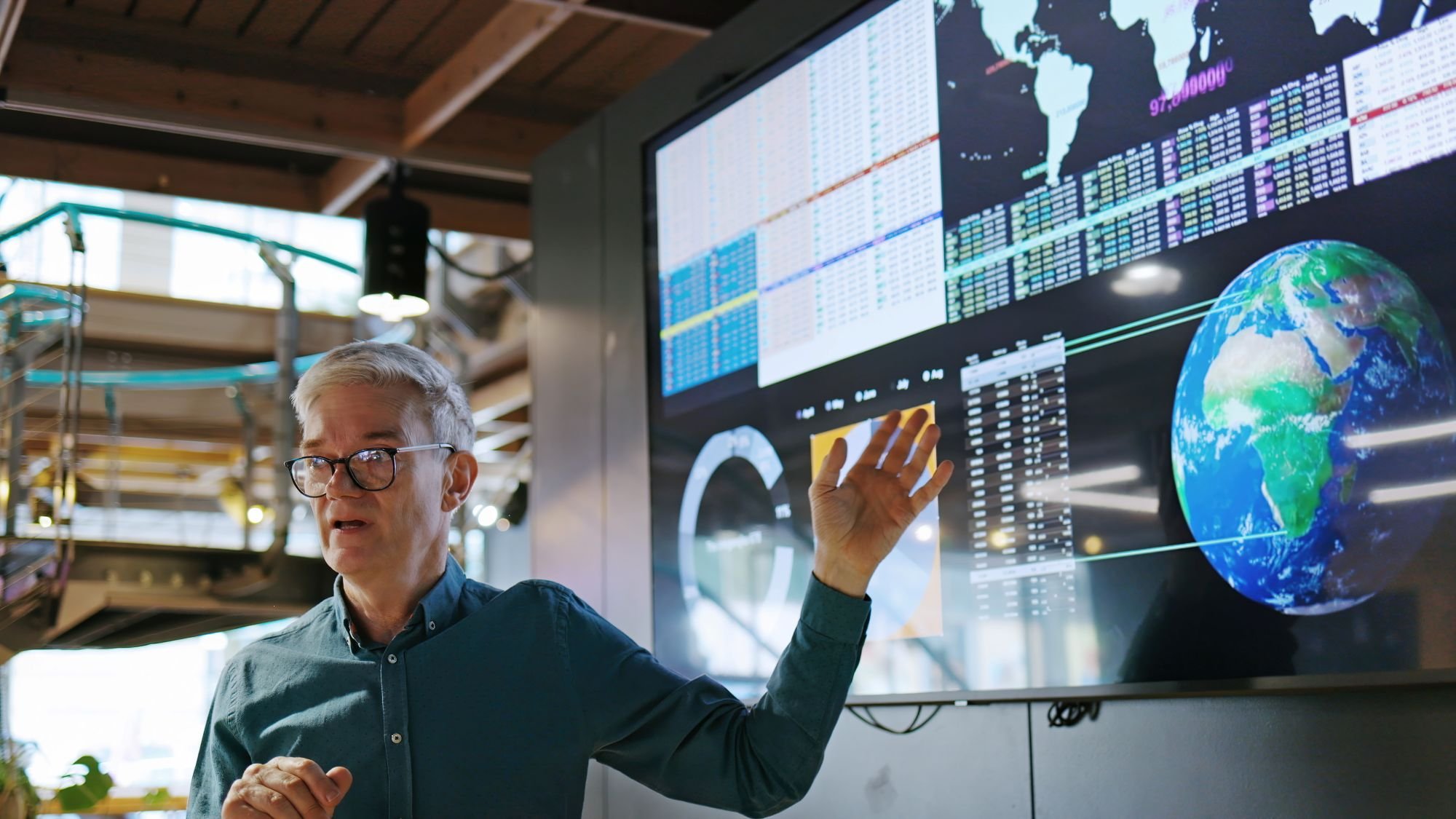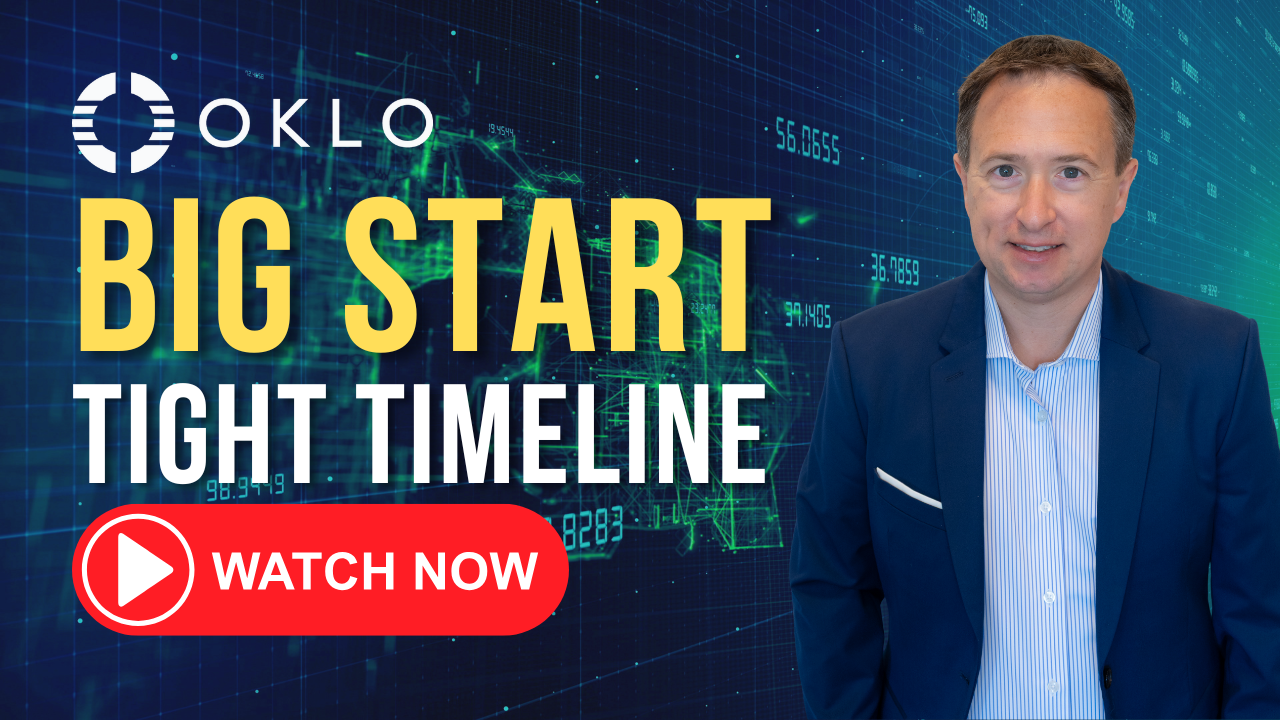The stock of nuclear start-up Oklo (OKLO +7.90%) has taken investors on a roller-coaster ride this year. In April, it was trading at less than $20 per share, but by mid-October it had soared to nearly $175 a share. Now, after a sharp sell-off, shares are back around $100:

NYSE: OKLO
Key Data Points
But don't let all the excitement around the share price distract you from the underlying business. Here are two things every Oklo investor needs to know before buying shares.
1. There is no business... yet
It's true: Oklo hasn't yet begun commercial operations, which means it's a company without any revenue, without any operating cash flow, without any data to tell investors whether it's a sound buy or not. That means that Oklo's stock should be treated as highly speculative, and only investors with a high tolerance for risk should even consider buying shares at this early stage, because there's always the chance the company will never become a viable business.
At the moment, Oklo's main focus is developing a prototype of its proposed small modular reactor (SMR) for power generation. Oklo is currently constructing its first-ever Aurora Powerhouse, which will house a small fast reactor, an atypical type of reactor that's cooled using sodium instead of the traditional water used to cool the reactors in most U.S. nuclear power plants. One big advantage of a fast reactor is that it can be powered by spent nuclear fuel from other traditional nuclear power plants without requiring additional uranium enrichment.

Image source: Getty Images.
Eventually, Oklo hopes to co-locate artificial intelligence (AI) data centers with its Aurora Powerhouses and utilize the same cooling system for both. With a smaller footprint than a traditional nuclear plant or a solar or wind farm, and powered entirely by the onsite reactor, such a data center could be located closer to large population centers without straining the electrical grid or driving up local energy prices.
However, it will be years before we reach that point: Oklo's prototype is likely still a year from achieving criticality, and then it will take time to assess its performance and relative costs. Investors probably won't know for sure whether Oklo's technology works under real-world conditions until late 2027 at the earliest. So those who invest now will have a long wait before their investment potentially comes to fruition.
2. Expect plenty of volatility in the meantime
Because Oklo doesn't have any financials to consider or business operations to scrutinize, nor even technical data to report, current shareholders are buying and selling based on very limited (and speculative) information like news releases by the company, news from its potential rivals, and general industry conditions.
For example, on Oct. 20, notable investor Cathie Wood's Ark Autonomous Technology & Robotics ETF sold about one-third of its stake in Oklo, prompting Oklo's shares to drop 30% over the next week on no news, even though the ETF still held a $14.7 million stake in the company. Investors should expect more unpredictable moves like this in the near term.





